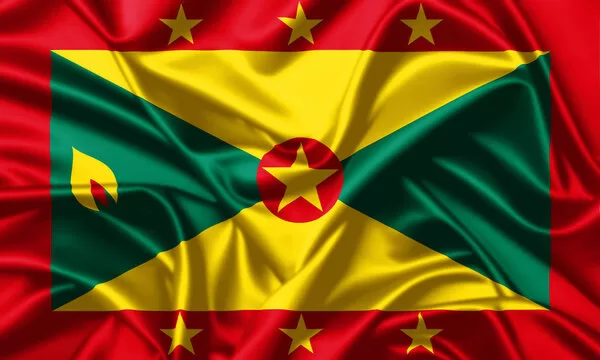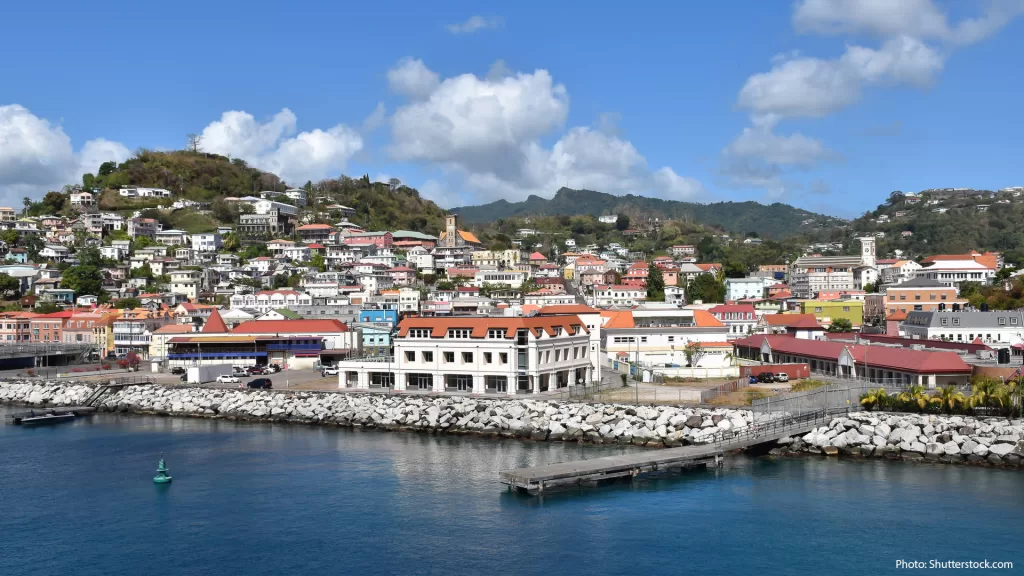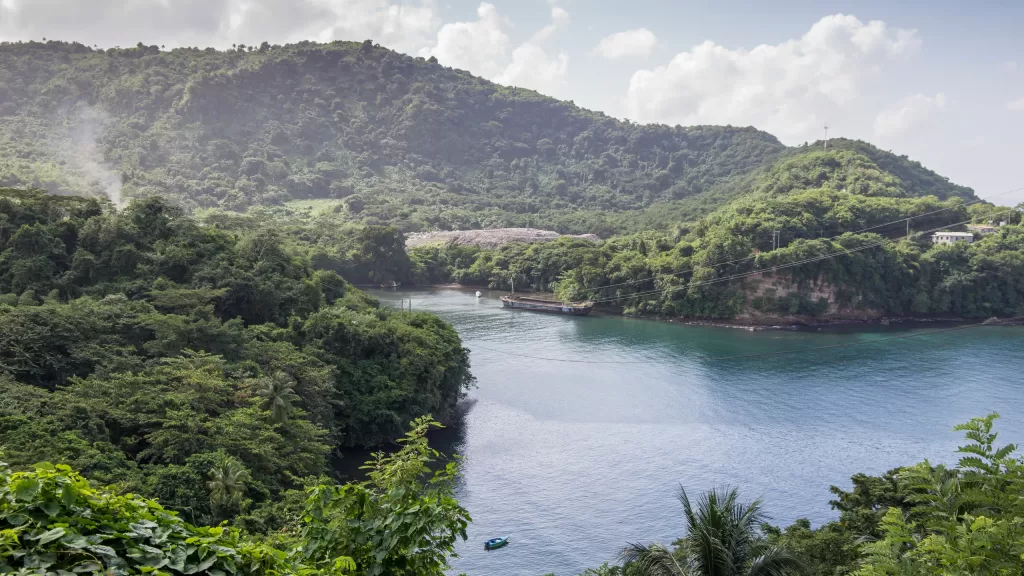Grenada Country Report

Grenada, a small island nation in the Caribbean, is known for its stunning natural beauty, pristine beaches, and lush rainforests. The country’s capital, St. George’s, boasts charming colonial architecture and a bustling harbor. Grenada’s economy relies heavily on tourism, agriculture (particularly nutmeg production), and services. The country’s political system is a parliamentary democracy, with a Prime Minister as the head of government and a ceremonial President as the head of state. Despite its small size, Grenada has played a significant role in regional affairs and has a strong sense of national identity.
Last updated: April 8, 2022
Security
Grenada generally enjoys a stable security environment, with low levels of violent crime compared to many other countries in the region. The country has a relatively low homicide rate and is considered safe for tourists and residents alike. However, like any destination, petty crime such as theft and pickpocketing can occur, especially in tourist areas. The government of Grenada maintains a strong focus on law enforcement and security measures to ensure the safety of its citizens and visitors. Additionally, efforts to combat drug trafficking and other transnational crimes are ongoing, with cooperation from international partners. Overall, while Grenada is considered relatively safe, travelers are advised to exercise common sense and take precautions to protect themselves and their belongings.
Last updated: April 25, 2022
Infrastructure

Grenada’s infrastructure is characterized by its development, particularly in recent years, although there are areas for improvement. The country has a network of roads connecting major towns and villages, but some roads may be in need of repair, especially in rural areas. Maurice Bishop International Airport serves as the main gateway for air travel, with connections to other Caribbean islands and international destinations. The port facilities in St. George’s accommodate cruise ships and cargo vessels, supporting the tourism and trade sectors. While telecommunications services are generally available, internet connectivity may vary in remote areas. Efforts to improve infrastructure, such as road maintenance and telecommunications expansion, are ongoing to support economic development and enhance connectivity throughout the country.
Last updated: April 25, 2022
Environment

Grenada’s environment is characterized by its stunning natural beauty, with lush rainforests, pristine beaches, and diverse marine ecosystems. The country’s tropical climate supports abundant biodiversity, including various plant and animal species. However, Grenada faces environmental challenges such as deforestation, soil erosion, and coastal degradation due to factors like urbanization, agriculture, and tourism development. Climate change impacts, including rising sea levels and more frequent extreme weather events, further threaten Grenada’s ecosystems and coastal communities. Efforts to address these challenges include conservation initiatives, sustainable land use practices, and marine protection efforts. Additionally, Grenada participates in international agreements and initiatives to mitigate climate change and promote environmental sustainability. Despite these efforts, ongoing vigilance and action are needed to preserve Grenada’s natural heritage for future generations.
Last updated: March 14, 2022
Health and Medical
Grenada’s healthcare system provides essential medical services to its citizens and residents, although there are limitations in terms of specialized care and facilities. The country has a public healthcare system supplemented by private medical services. The main hospital, the General Hospital in St. George’s, offers a range of medical treatments and services, including emergency care. Additionally, there are private medical clinics and healthcare providers across the island. Grenada faces challenges such as limited access to healthcare in rural areas and shortages of medical personnel. Efforts to improve healthcare infrastructure and services are ongoing, with support from international organizations and initiatives. Overall, while Grenada’s healthcare system may have some limitations, it plays a crucial role in promoting the well-being of the population.
Last updated: March 30, 2022
Political
Politically, Grenada is a parliamentary democracy and a constitutional monarchy, with a Prime Minister as the head of government and a ceremonial Governor-General representing the monarch as head of state. The country has a multi-party system, with elections held regularly to determine the composition of the Parliament. The two main political parties are the New National Party (NNP) and the National Democratic Congress (NDC). Grenada has a history of political stability, with peaceful transitions of power through democratic elections. The government of Grenada focuses on promoting economic development, social welfare, and regional cooperation. Additionally, Grenada is a member of various international organizations, including the United Nations and the Caribbean Community (CARICOM), and participates actively in regional and global affairs.
Last updated: March 25, 2022















